Freelance Articles
Writing freelance means never having to accept a boring assignment! Since retiring from The Wall Street Journal in 2017, I've been fascinated to write about serial killers for A&E's Real Crime website, historical mysteries for HISTORY.com and many topics for The Yale Alumni Magazine, including Yale's past and current outreach to first-generation college students, the evolution of Yale dining hall food and how a Yale Law School clinic worked around-the-clock to file legal challenges that overturned President Trump's first-term Muslim ban.
How Survivors of the Golden State Killer Became Fast Friends
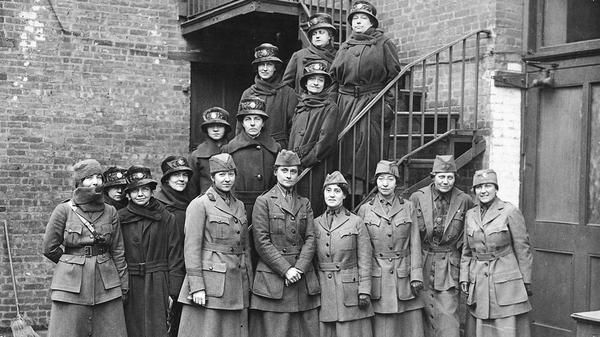
Why Suffragists Helped Send Women Doctors to WWI's Front Lines
The unlikely band of American women who crossed the Atlantic into war-torn France in February 1918 included six doctors, 13 nurses, a dentist, a plumber, an electrician, a carpenter and a mechanic. They were the first wave of women determined to build hospitals to treat the war-wounded and help the Allied effort in World War I. But they had an ulterior motive as well: to prove beyond doubt that women were just as brave, competent and self-sacrificing as men—and thus deserved the right to vote ba
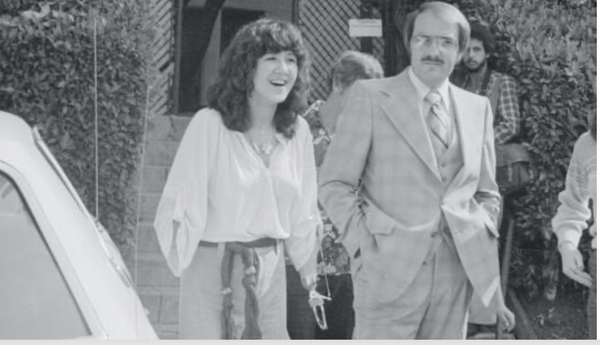
Surviving a Serial Killer—and What Comes Afterward
Women who narrowly escaped being killed discuss how they did it and how it changed the course of their lives
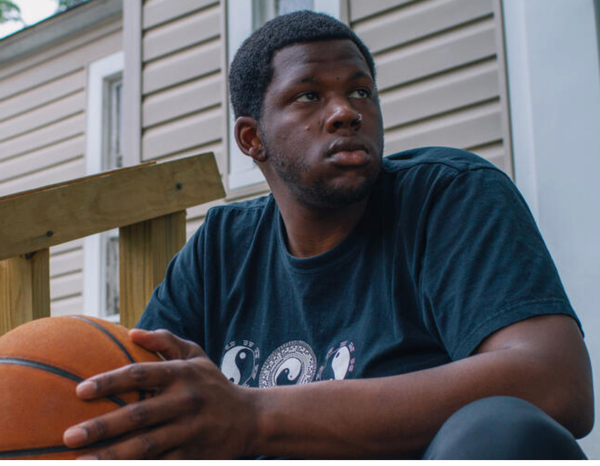
What Self-Defense Means in the Eyes of the Law
The idea that people have a right to defend themselves harks back to English common law. But today, whether a defendant will walk away free or spend years in prison hinges on where the incident occurred and other factors in the murky, quirky and still-evolving world of self-defense laws in the U.S.
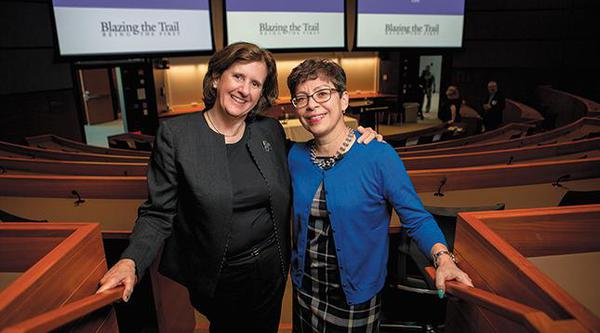
First Generation Yale Alumni
Some hold major roles in higher education, like Yale’s senior vice president for operations, or the Harvard professor who became president of Morehouse College. Some are judges, including one who sits on the US Supreme Court. Some entered business—PepsiCo, Disney, McKinsey.
An extraordinary array of Yale graduates were first in their families to earn college degrees, blazing a trail into academic and professional achievement from a background in which higher education was more a pipe dream than
An extraordinary array of Yale graduates were first in their families to earn college degrees, blazing a trail into academic and professional achievement from a background in which higher education was more a pipe dream than
Lisa McVey Talks About Outsmarting a Serial Killer When She Was 17

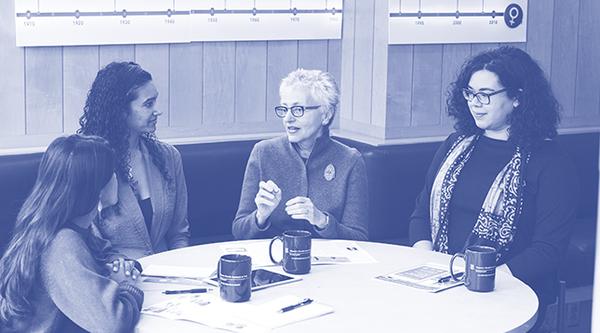
“We wouldn’t have known if we hadn’t looked.”
Gender has an enormous impact on human health. Women's Health Research at Yale funds early-stage research into a long-neglected topic.
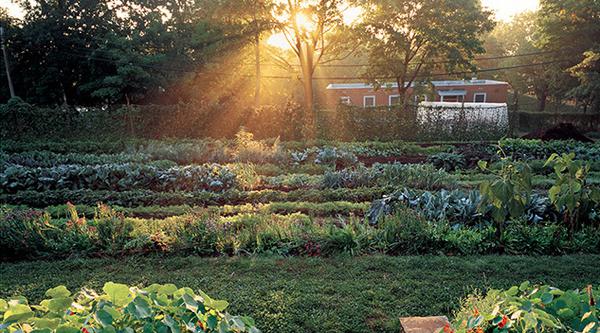
Meanwhile, back on the farm
It spans only about an acre at the north end of campus, but the Yale Farm brings a world of food experiences, issues, and ideas to Yale students.
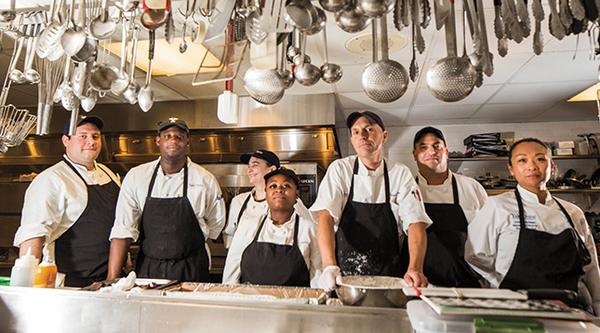
Eating at Yale has changed. Drastically.
Alumni who remember Salisbury steak with brown sauce might not recognize Yale dining today.
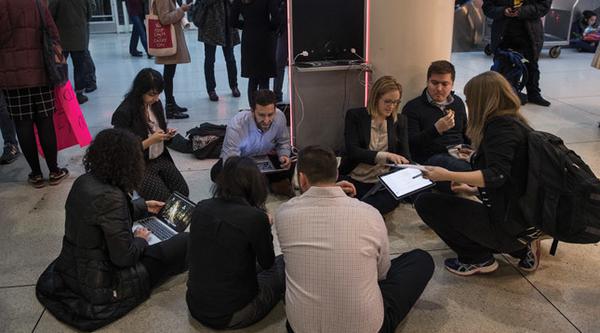
No time to lose
Yale Law students and alumni raced the clock to file legal challenges to President Trump's Muslim ban.
Book Review: “Keep the Damned Women Out”
The objections to coeducation seem loutish and lame today. One Ivy administration raised the specter of venereal disease and said women's propensity to marry and change their names would cause "huge problems" for alumni record-keeping.
